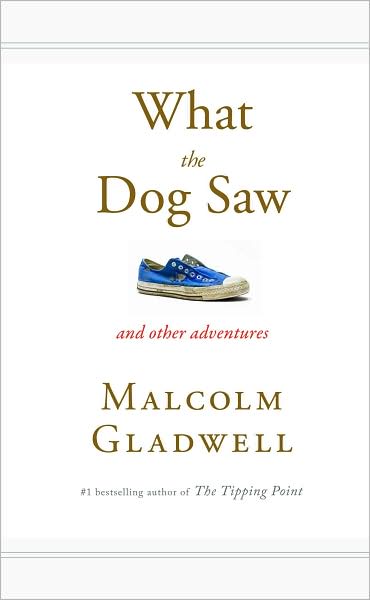If you read this blog then you’re probably familiar with the latest “internet sensation” Isaiah Mustafa. If that name doesn’t ring a bell, he’s the one-time football player who has been starring in the recent Old Spice YouTube and Twitter campaign. 
Toronto-based self-professed tech-geek Maurice Cacho, from GeekTown.ca, recently penned an article about this campaign. In his piece Moe asks whether or not the popular online campaign resulted in any increased sales:
Given that the videos had hundreds of thousands of views and everybody is talking about it – did it help sales? I contacted P & G this afternoon – they’re staying mum because they’re in the “quiet period prior to declaring earnings on August 3.”
I like Moe, so please don’t take the rest of this blog as an attack on him. (Plus, he’s got bigger biceps than me and could crush me anytime so why would I attack him?)
The question Moe asks rarely ever gets asked of other marketing campaigns. We watch the cool Super Bowl ads every year but never ask if GoDaddy saw increased sales by showing half-naked women on their commercials. Why not? It costs a cool $1 million to advertise on the Big Game. We never ask whether more traditional marketing programs directly increase a brands profits or sales.
But we ask this question of social media. Why?
Because it’s the new kid on the block.
A person and even a company can set up an account on almost any social media site at no cost. And traditionally they’ve been told that to “make money you have to invest money.” So I think it’s hard for people to think that something “free” can result in increased sales.
Here’s the deal. Social media is not free. That’s because social media (and I’m talking about social media as a part of marketing here) is not only telling the world what you ate for lunch. Like I said in my previous pot, it’s about engagement. and that takes time and effort and smart people who can make things happen. That’s why Old Spice (Proctor and Gamble) hired a firm to create the Old Spice campaign.
Secondly, social media should not be measured in isolation from a company’s overall marketing, sales and customer service strategy. It’s a part of a bigger animal.
But it’s an important part.
What did you think of the Old Spice YouTube campaign? Do you think social media success should be measured in isolation?

 me I’m always “on”. So I find myself with one and maybe two speaking gigs in Nairobi next week. And I’m excited! And nervous.
me I’m always “on”. So I find myself with one and maybe two speaking gigs in Nairobi next week. And I’m excited! And nervous.

